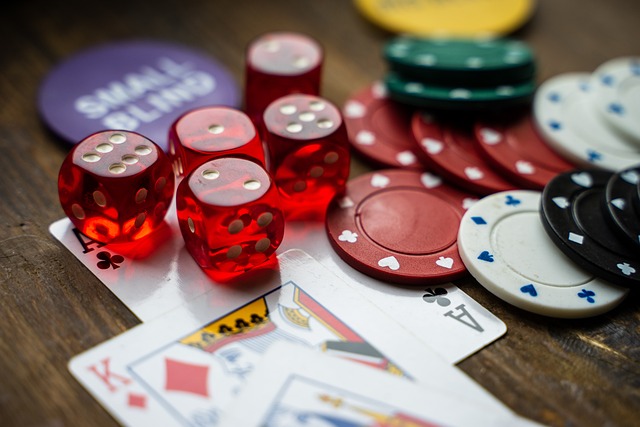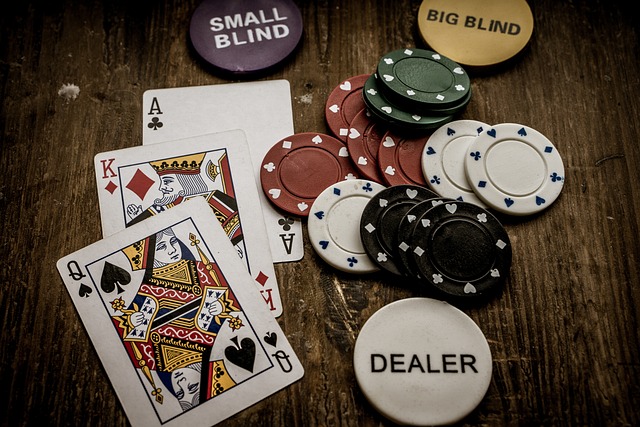Gambling has many different advantages. It makes fun, is a good way to spend your leisure time, and also allows you to win various rewards. However, the biggest problem with gambling is the fact gambling is quite risky and can be addictive. How dangerous gambling addiction can be, it often does not look as problematic as it is at first: gamblers just start to spend more time gambling and temporarily use gambling as a tool to cope with their problems.
If the gambler does not do anything to prevent himself from gambling addiction, the problem continues growing and becomes compulsive. Gambling addiction can have devastating consequences for gamblers, it affects all the spheres of human life such as career, family, and psychological health. Today there are many specialists and organizations helping gamblers to deal with this disease, but it is much better to avoid this problem than to treat it and deal with its consequences. The possibility of gambling online (when you need just to open Spinia Login and enjoy gambling) also increases the risk of being gambling addicted. There are some clear signs of gambling addiction – never ignore them to stay safe and healthy.
- You can’t wait to make that next bet despite the potential consequences. It means, even if you are aware of possible problems, you can’t stop gambling and do something else. Gambling is just too tempting for you and becomes your priority.
- Gambling plays an important role in your thoughts, you are preoccupied with it. Gambling is just a form of entertainment and if you invest in gambling too much time and energy in gambling, you should take a break or better contact a psychologist. It does not matter which form obsession with gambling takes (it can be about the obsession of beating the jackpot or just the inability to take breaks), but gambling must never consume your life.
- You chase your losses. It means you can’t stop and say “no” and accept your losses, you continue gambling and it often leads to new losses.
- You experience withdrawal symptoms while not gambling. Your urge to gamble is so big, that you have withdrawal symptoms if you have no opportunity to gamble. It affects your mood and you become anxious, stressed, irritable, angry, sad, or restless.
- You consider gambling as an outlet and as a distraction from your problems and emotional pain. Even if you have once tried gambling as a coping mechanism, it is a possible red flag. Responsible and healthy gambling means you gamble only for fun and do not use gambling as a way of escaping from your problems. Gambling as a coping mechanism will never help you solve them but may lead to gambling addiction.
- You experience serious troubles in your relationship or at work due to gambling. If you stay focused on gambling it gets difficult to maintain relationships or be effective at work both physically and emotionally. Having financial issues is also a serious indicator of it.
- You lie to your relatives and friends, or yourself, or hide about gambling. If somebody asks you about your leisure activities, you may say you are working late and hide the fact you gamble for hours. And you even find different accusations for yourself.
- You feel guilt after gambling. Feeling remorse or guilt after gambling means you are aware of the gambling addiction you have. So, you understand something is going wrong and gambling takes control over you but you are still unable to quit gambling.
CONCLUSION

Even one of these warning signs is a possible red flag. Other red flags are a family history of addiction and having other addictions besides gambling. So, if someone in your family had or has a gambling addiction or other addiction, you can have a genetic predisposition to it. If you already have an addiction (it can be compulsive eating or alcoholic addiction), you should also be aware of it. And remember that gambling addiction has nothing in common with a lack of mental strength, so it is nothing to be ashamed of. Moreover, accepting this problem is a step that requires much mental effort.
